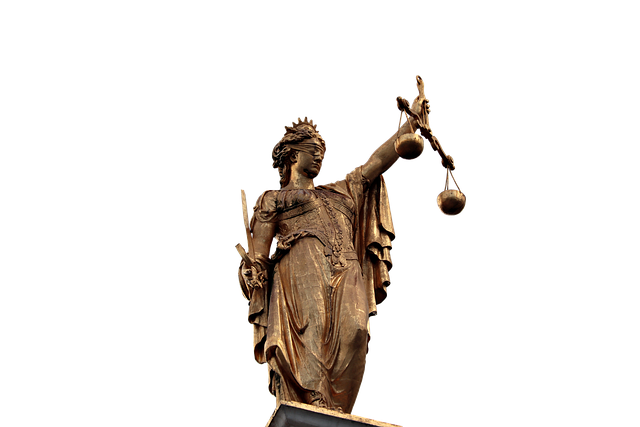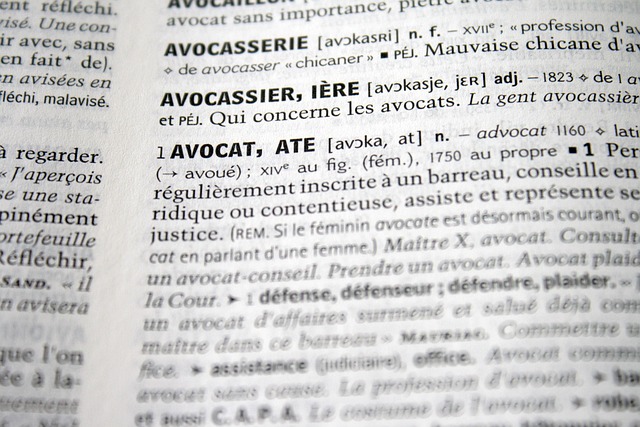Securities class actions empower investors to collectively hold accountable parties responsible for violations of federal securities laws. Proving damages is a complex task, requiring meticulous analysis of financial records and market data to quantify losses in cases like defamation. Strategies involve detailed documentation, expert testimony, and showcasing the severe impacts on individuals' lives and careers, while countering white-collar defense tactics to secure just compensation for affected investors.
Securities class actions are a powerful tool for investors, allowing them to seek collective redress for violations of federal securities laws. This comprehensive guide explores the intricate legal framework surrounding these actions, focusing on a critical aspect: proving damages in defamation cases. We delve into the strategies and key considerations involved, offering insights on how plaintiffs can effectively secure compensation. Understanding the process is essential, especially when navigating complex financial disputes, ensuring just outcomes for those affected.
- Understanding Securities Class Actions: A Legal Framework
- The Role of Damages in Class Action Lawsuits
- Proving Damages in Defamation Cases: Key Considerations
- Effective Strategies for Securing Compensation in Class Actions
Understanding Securities Class Actions: A Legal Framework

Securities Class Actions involve a collective legal strategy where investors with similar claims band together to hold wrongdoers accountable for violations of federal securities laws. This powerful mechanism allows for more efficient resolution of complex financial disputes compared to individual lawsuits. The framework revolves around proving damages, often a crucial aspect in determining the outcome of such cases. In particular, establishing liability and quantifying losses incurred by each investor is essential during the discovery phase, where extensive documentation and expert analysis play pivotal roles.
Judges typically oversee these actions, guiding the process through motions, hearings, and ultimately, jury trials. The goal is to ensure fairness and provide a platform for investors across the country to seek redress for their losses caused by fraudulent or misleading disclosures in securities transactions. Skilled attorneys represent their clients, navigating this intricate legal landscape, which involves meticulous research, strategic pleadings, and aggressive advocacy. This comprehensive approach aims to achieve just compensation for wronged investors, fostering accountability within the financial industry.
The Role of Damages in Class Action Lawsuits

In class action lawsuits, especially those involving securities and white-collar crimes, proving damages is a complex process. Unlike individual suits where damages are typically direct and tangible, class actions aim to compensate a large group of affected individuals. This means demonstrating harm and quantifying losses at a community level becomes paramount. The goal is not merely to compensate victims but also to send a message that such misconduct will not be tolerated.
When it comes to securities class actions, establishing damages involves meticulously scrutinizing financial records, market data, and expert analysis. Plaintiffs’ attorneys must demonstrate how the alleged misconduct led to specific economic losses for their clients. This includes dissecting white-collar and economic crimes to uncover hidden schemes and their impact on investors. The process demands a deep understanding of both legal and financial principles to effectively prove damages and secure justice for those affected by these often subtle yet devastating offenses.
Proving Damages in Defamation Cases: Key Considerations

Proving damages in defamation cases is a complex process that demands meticulous planning and execution. In these legal battles, establishing the extent of harm caused by false statements or publications is crucial for securing adequate compensation. One key consideration is quantifying economic losses, which may include expenses incurred due to reputational damage, loss of business opportunities, and reduced earnings potential. Legal professionals must gather comprehensive financial records and employ expert analysis to demonstrate a direct causal link between the defamation and these monetary losses.
Furthermore, non-economic damages, such as emotional distress, should also be addressed. This aspect often requires a more subjective assessment, where plaintiffs can share personal accounts of their experiences and the psychological impact of the defamatory statements. The unprecedented track record in white collar defense and economic crimes cases has shaped strategies for proving damages, emphasizing the importance of detailed documentation, expert testimony, and a compelling narrative that showcases the profound effects of defamation on an individual’s life and career.
Effective Strategies for Securing Compensation in Class Actions

Securing compensation in securities class actions requires a strategic approach, especially when dealing with complex cases like defamation. One effective strategy is to thoroughly document and prove damages incurred by investors. In defamation cases, this involves meticulous record-keeping of financial losses, reputational harm, and emotional distress. Legal teams can leverage these records to demonstrate the extent of the defendant’s impact on the respective business and its stakeholders.
Another crucial aspect is understanding the nuances of white-collar defense tactics. By anticipating and addressing potential defenses, plaintiffs’ attorneys can strengthen their cases and achieve extraordinary results. This includes presenting compelling evidence, utilizing expert witnesses, and effectively communicating the harm caused by the misconduct to the court and jury. These strategies collectively enhance the chances of securing just compensation for affected investors.
Securities class actions, a cornerstone of financial litigation, require a deep understanding of legal frameworks and damage assessment. As demonstrated, proving damages in defamation cases is a critical aspect, necessitating careful consideration and strategic planning. By employing effective strategies outlined in this article, plaintiffs can navigate the complexities of class action lawsuits, ultimately securing just compensation for wronged investors. This comprehensive approach ensures that those affected by securities violations have access to justice and financial redress.






